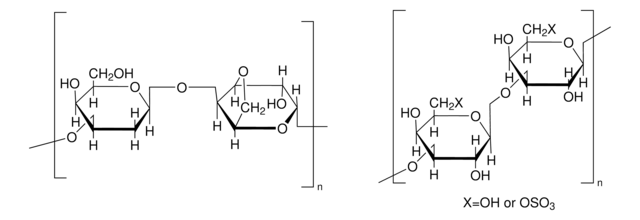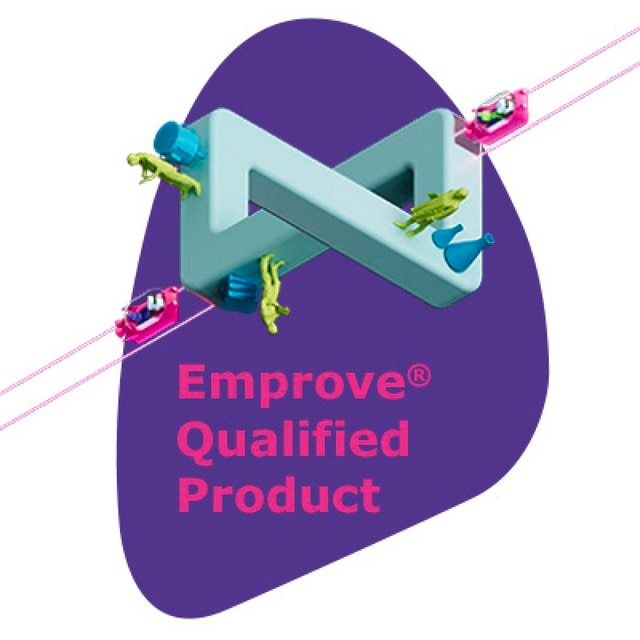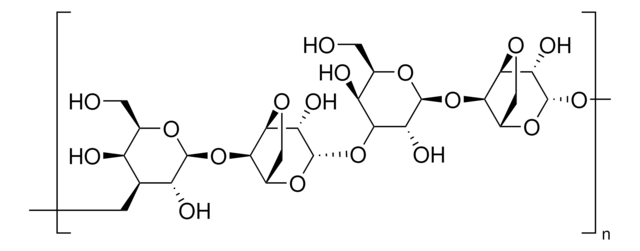A6686
Agar
Bacteriological, microbiology tested, suitable for plant cell culture, granular
Synonym(e):
Agar-Agar
About This Item
Empfohlene Produkte
Biologische Quelle
algae (Rhodophyceae)
Qualitätsniveau
Form
granular
Methode(n)
cell culture | plant: suitable
mp (Schmelzpunkt)
83-89 °C
Übergangstemp.
transition temp 32-39 °C
Eignung
microbiology tested
Anwendung(en)
agriculture
Lagertemp.
room temp
InChI
1S/C14H24O9/c1-5-8(16)13-11(7(21-5)4-20-13)23-14-10(18)12(19-2)9(17)6(3-15)22-14/h5-18H,3-4H2,1-2H3/t5?,6-,7?,8-,9+,10-,11?,12+,13+,14?/m1/s1
InChIKey
GYYDPBCUIJTIBM-DYOGSRDZSA-N
Suchen Sie nach ähnlichen Produkten? Aufrufen Leitfaden zum Produktvergleich
Verwandte Kategorien
Allgemeine Beschreibung
Anwendung
- to culture Staphylococcus aureus for phage infection studies
- as a supplement with NZCYM media for culturing Campylobacter coli strains for lysogeny screening
- as a basic media component to improve in vitro ovule and embryo culture methods of cross Chitalpa hybrids to facilitate the rescue of triploids
- in the culture media for Bdellovibrio spp. and Micavibrio spp. strains to check their susceptibility towards a variety of select agents
Sonstige Hinweise
WGK
WGK 1
Persönliche Schutzausrüstung
Eyeshields, Gloves, type N95 (US)
Analysenzertifikate (COA)
Suchen Sie nach Analysenzertifikate (COA), indem Sie die Lot-/Chargennummer des Produkts eingeben. Lot- und Chargennummern sind auf dem Produktetikett hinter den Wörtern ‘Lot’ oder ‘Batch’ (Lot oder Charge) zu finden.
Besitzen Sie dieses Produkt bereits?
In der Dokumentenbibliothek finden Sie die Dokumentation zu den Produkten, die Sie kürzlich erworben haben.
Kunden haben sich ebenfalls angesehen
Unser Team von Wissenschaftlern verfügt über Erfahrung in allen Forschungsbereichen einschließlich Life Science, Materialwissenschaften, chemischer Synthese, Chromatographie, Analytik und vielen mehr..
Setzen Sie sich mit dem technischen Dienst in Verbindung.

